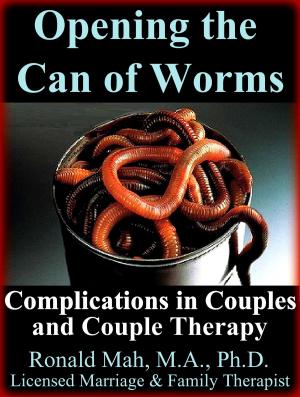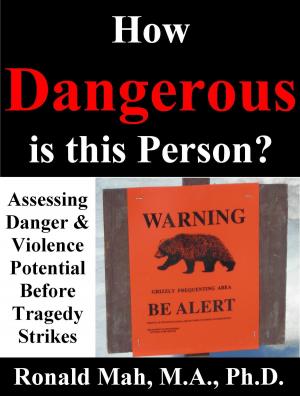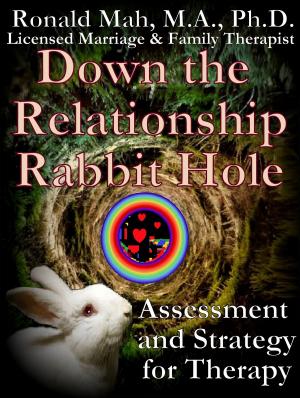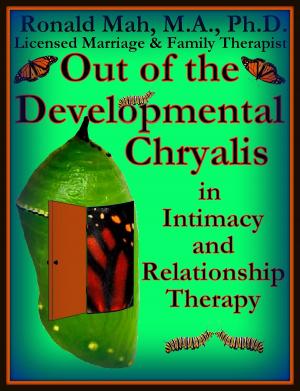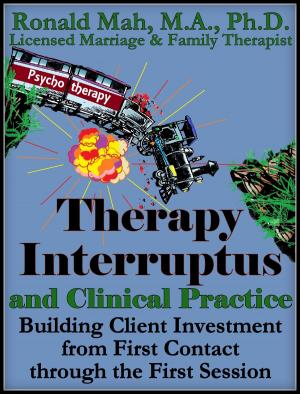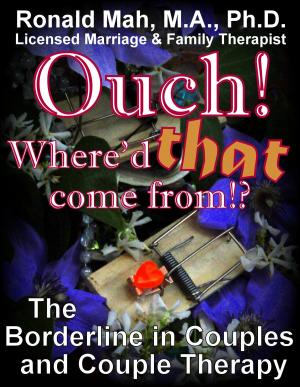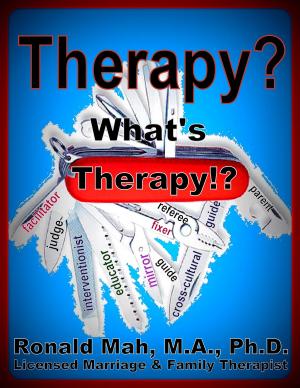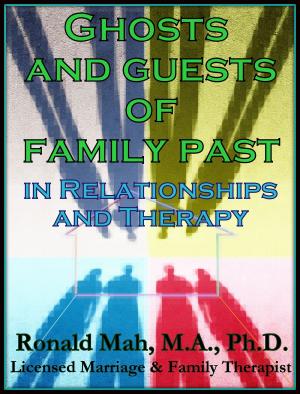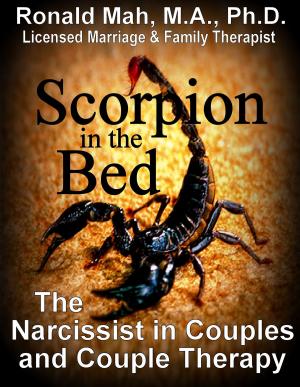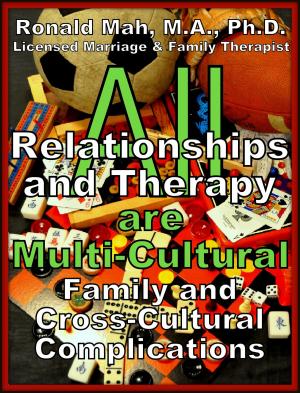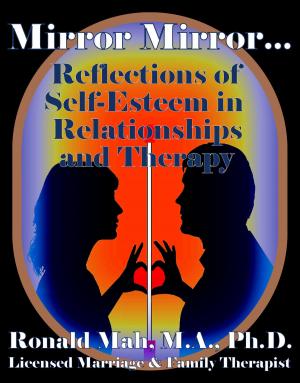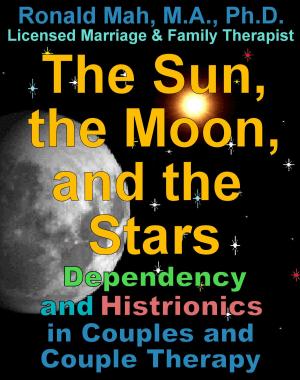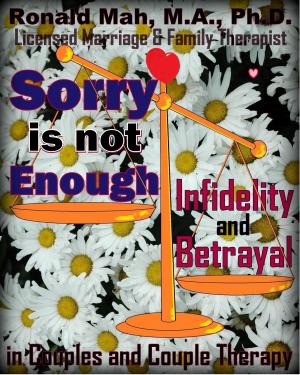Conflict, Control, and Out of Control in Couples and Couple Therapy
Nonfiction, Health & Well Being, Psychology, Family Therapy, Counselling| Author: | Ronald Mah | ISBN: | 9781301947034 |
| Publisher: | Ronald Mah | Publication: | June 27, 2013 |
| Imprint: | Smashwords Edition | Language: | English |
| Author: | Ronald Mah |
| ISBN: | 9781301947034 |
| Publisher: | Ronald Mah |
| Publication: | June 27, 2013 |
| Imprint: | Smashwords Edition |
| Language: | English |
“Conflict, Control, and Out of Control in Couples and Couple Therapy” addresses the continuum of assertion, aggression, and abuse between partners. The therapist is guided how to promote appropriate assertiveness and aggression while avoiding crossing the boundary of abuse. Conflict is intrinsic to most couples, but relative control vs. getting out of control varies greatly resulting in relationship health or dysfunction. The therapist is directed how to guide partners how to deal w/ anger and frustration- learning how to fight fairly and productively to prevent emotional abuse.
The book discusses conceptual vs. practical distinctions between normal couple therapy and domestic violence therapy. Therapist boundaries and choices to engage or not in domestic violence therapy become functionally problematic when intimate partner violence is unanticipated but uncovered in sessions. The therapist will learn how to assess for, manage, and treat partners when emotional reactivity becomes emotional abuse- a focus of normal couple therapy; when verbal abuse predicts physical abuse; and when domestic violence is revealed.
The book discusses attachment, bullying dynamics, cultural models, social information processing, verbal fluency, empathy, peer, cultural, and gender models, same sex relationships, disinhibition, stressors, dialogical processing, hypersensitivity and hypervigilance, and characterological issues including paranoid and antisocial personality disorder affecting partners' conflict, control, and out of control issues. The therapist will learn to shift couple therapy strategies and goals when noting distinctions between reactive aggression, abuse, and instrumental aggression more characteristic of sociopathic partners. Beyond fundamentally altering treatment to avoid perpetuating abuse, the therapist must identify counter-indications for conducting couple therapy.
“Conflict, Control, and Out of Control in Couples and Couple Therapy” addresses the continuum of assertion, aggression, and abuse between partners. The therapist is guided how to promote appropriate assertiveness and aggression while avoiding crossing the boundary of abuse. Conflict is intrinsic to most couples, but relative control vs. getting out of control varies greatly resulting in relationship health or dysfunction. The therapist is directed how to guide partners how to deal w/ anger and frustration- learning how to fight fairly and productively to prevent emotional abuse.
The book discusses conceptual vs. practical distinctions between normal couple therapy and domestic violence therapy. Therapist boundaries and choices to engage or not in domestic violence therapy become functionally problematic when intimate partner violence is unanticipated but uncovered in sessions. The therapist will learn how to assess for, manage, and treat partners when emotional reactivity becomes emotional abuse- a focus of normal couple therapy; when verbal abuse predicts physical abuse; and when domestic violence is revealed.
The book discusses attachment, bullying dynamics, cultural models, social information processing, verbal fluency, empathy, peer, cultural, and gender models, same sex relationships, disinhibition, stressors, dialogical processing, hypersensitivity and hypervigilance, and characterological issues including paranoid and antisocial personality disorder affecting partners' conflict, control, and out of control issues. The therapist will learn to shift couple therapy strategies and goals when noting distinctions between reactive aggression, abuse, and instrumental aggression more characteristic of sociopathic partners. Beyond fundamentally altering treatment to avoid perpetuating abuse, the therapist must identify counter-indications for conducting couple therapy.

